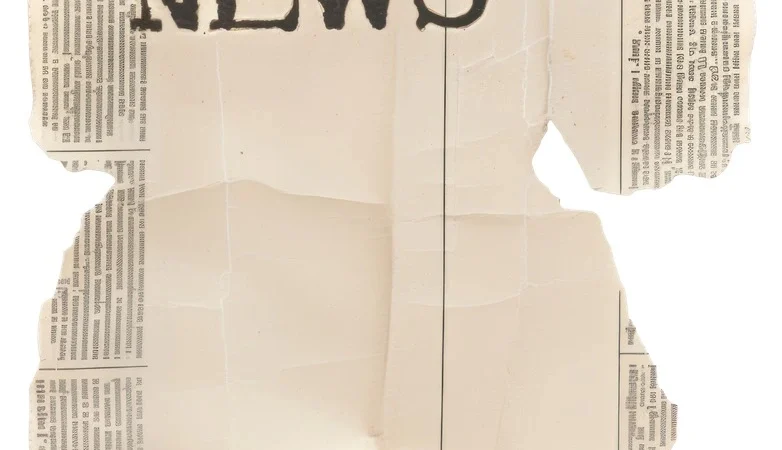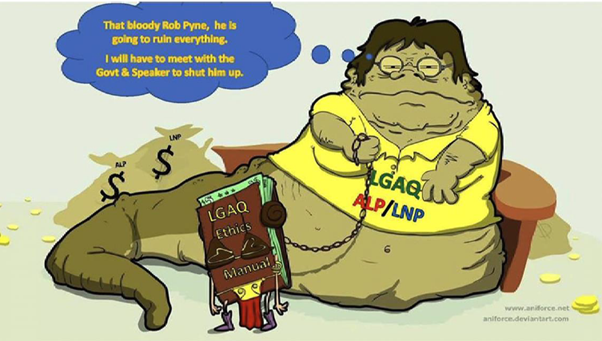Defamation in the Northern Territory is governed by both the Defamation Act 2006 (NT) and the common law. In this article, we provide a straightforward overview of defamation law as it applies in the Northern Territory, including how actions are commenced, time limits, and court processes for defamatory claims. Do you reside in the Darwin, […]
Read More
Introduction Anonymous Google reviews can cause serious reputational harm to businesses, particularly when the reviewer cannot be identified or verified. According to the Australian Small Business and Family Enterprise Ombudsman, approximately 97% of all businesses in Australia are small businesses, that is, businesses that employ less than 20 employees. Most small businesses rely upon their […]
Read More
Defamation Case Study: When Relationships Go Wrong Occasionally, I published an article which discusses defamation law in the context of a real life defamation case. Today, I am writing about the Victorian County Court case of Wang v Qin [2021] VCC 1906 (the Wang Case). This defamation case study examines how defamatory conduct can arise […]
Read More
Defamation and businesses Corporations, and other body corporates have a restriction on standing to sue for defamation, in that, they cannot have more than 10 full time equivalent employees. Likewise, sometimes, establishing serious harm to the requisite threshold can be difficult. For many decades, before the introduction of the uniform defamation law throughout Australia, most […]
Read More
Defamation risks for businesses arise when false statements about a company are published and cause reputational harm, leading to potential legal claims and financial loss. The value of brand reputation in business Brand reputation is an essential and crucial part of any business which sells goods or services. Without a good reputation, a business may […]
Read More
Defamatory Google Review: Part 2 Defamatory Google reviews can seriously damage a business’s reputation, and understanding your legal rights and options under Australian law is crucial to protect that reputation. As we explored in Defamation & Google reviews: Part 1, positive Google reviews are important to most small to medium sized businesses in Australia. They […]
Read More
Notice to court defamation Melbourne refers to the formal notice served when initiating a defamation proceeding in the Victorian courts, informing the respondent of the claim and required action. If your reputation is under attack, you need clear guidance and strong legal support. At Allen Law in Melbourne, VIC, our team is here to help […]
Read More
Can a cartoon or a picture be defamatory? Can a cartoon character depicting Jabba the Hutt from Star Wars give rise to an action in defamation? Well, according to His Honour, Morzone DCJ in Hallam v O’Connor and Payne [2024] QDC 187, it most definitely can. As is common in the Australian defamation world, it […]
Read More
Publication & Defamation Law in Australia This defamation publication Allen Law outlines key legal principles of defamation law in Australia, common defamation issues, and how businesses and individuals can protect their reputation. As previously discussed in our article What is Defamation?, a plaintiff commencing a defamation claim in Australia must establish four essential elements. One of […]
Read More
Defamation & Serious Harm In the world of defamation law, one of the most significant recent developments in Victoria and other parts of Australia is the introduction of the “serious harm” element. This requirement fundamentally reshapes how defamation claims are assessed, filtering out trivial or unmeritorious cases at an early stage. If you are considering […]
Read More











